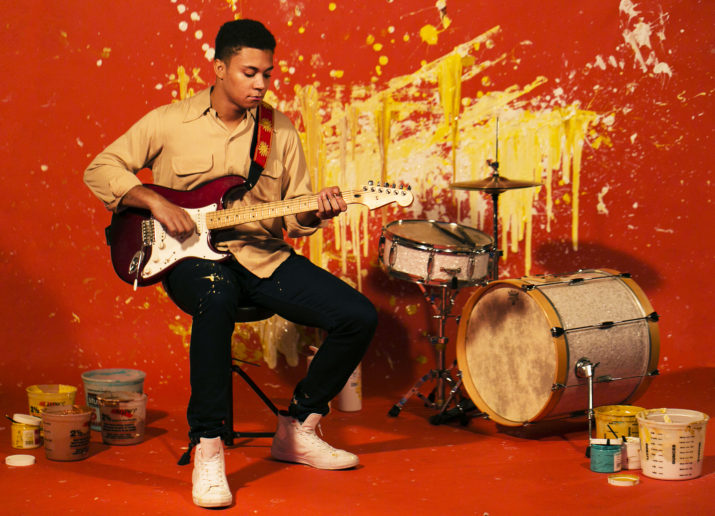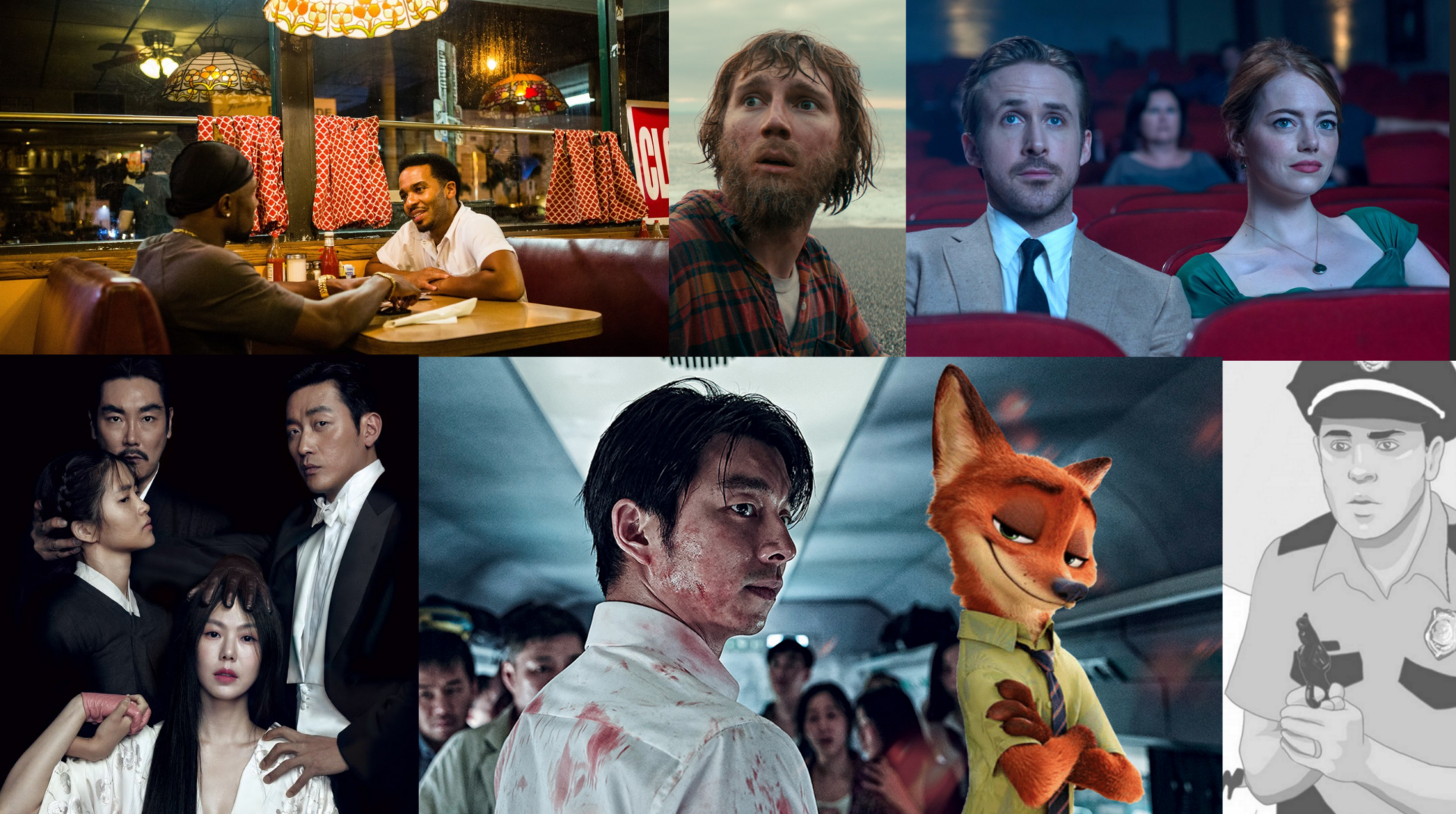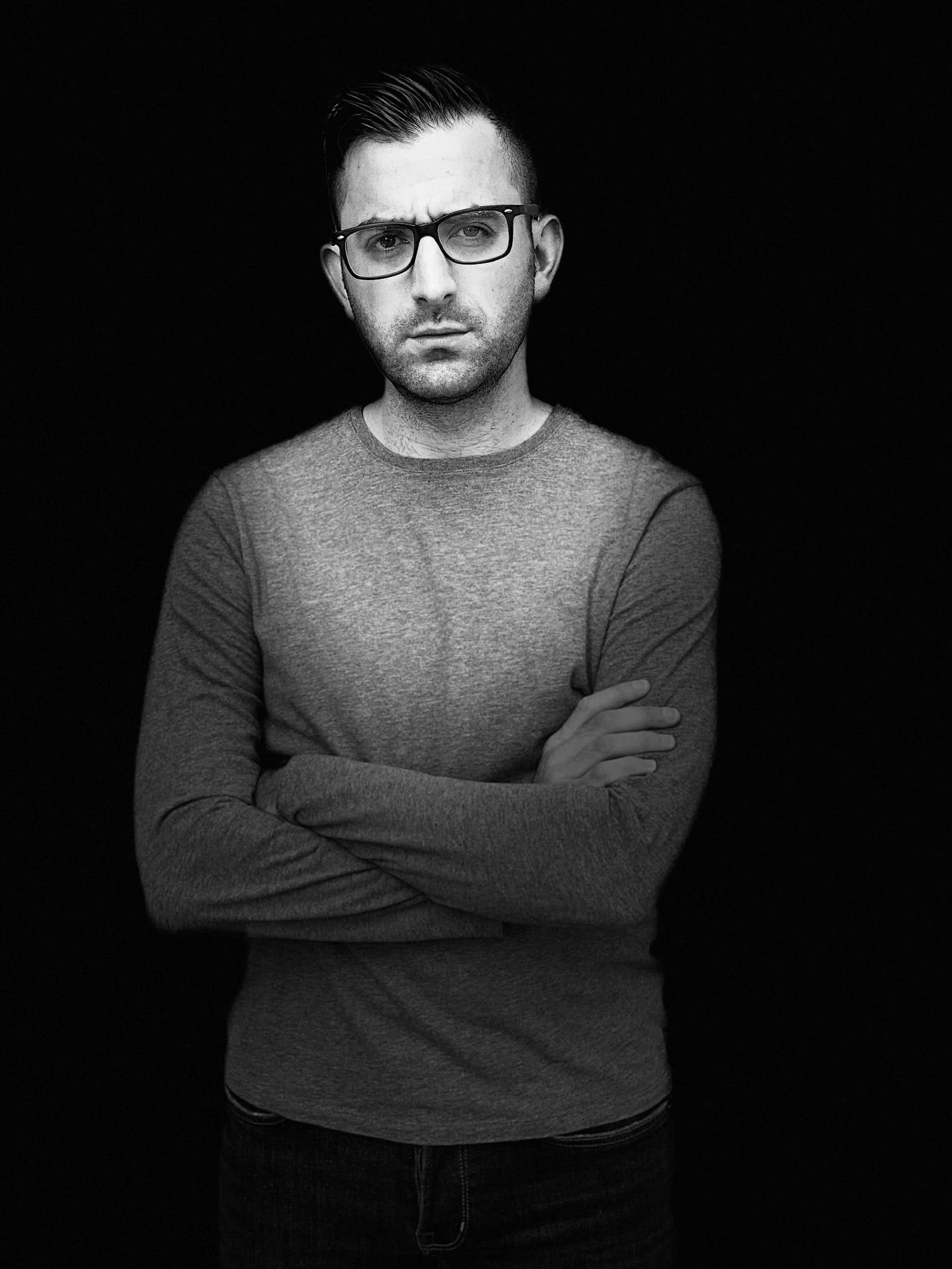Pop punk music, with its raw energy, catchy melodies, and unapologetic attitude, has left an indelible mark on culture since its emergence in the 1970s. From its humble beginnings in underground scenes to its mainstream explosion in the 1990s and early 2000s, pop punk has served as a soundtrack for generations of rebels, misfits, and dreamers. Lets explore the multifaceted impact that pop punk music has had on culture, from its influence on fashion and language to its role in shaping social movements and fostering a sense of community.
The Birth of a Subculture
The roots of pop punk can be traced back to the late 1970s and early 1980s, with bands like the Ramones, the Clash, and the Sex Pistols laying the groundwork for the genre. Combining the DIY ethos of punk rock with the melodic sensibilities of pop music, these bands created a sound that was both rebellious and accessible, drawing in a diverse fanbase of disaffected youth.
One of the defining characteristics of pop punk is its emphasis on relatable lyrics that capture the trials and tribulations of adolescence. Themes of alienation, heartbreak, and rebellion run rampant in pop punk songs, resonating deeply with listeners who feel misunderstood or marginalized. Bands like Green Day, blink-182, and The Offspring brought these themes to the forefront of mainstream consciousness in the 1990s, catapulting pop punk into the cultural zeitgeist.
Fashion and Identity
In addition to its musical influence, pop punk has also had a significant impact on fashion and identity. The aesthetic of pop punk is characterized by its rejection of mainstream norms and embrace of individuality. From ripped jeans and band t-shirts to colorful hair and tattoos, pop punk fashion reflects a DIY ethos that encourages self-expression and creativity.
Moreover, pop punk fashion has permeated mainstream culture, influencing everything from high fashion runways to mall boutiques. Brands like Hot Topic have capitalized on the popularity of pop punk, selling merchandise adorned with band logos and punk-inspired designs to a mass audience.
Language and Slang
Pop punk’s influence extends beyond music and fashion to language and slang. Many of the phrases and expressions popularized by pop punk bands have become ingrained in everyday speech, particularly among young people. From “I hope you had the time of your life” (Green Day) to “I’m just a kid and life is a nightmare” (Simple Plan), pop punk lyrics have a knack for encapsulating the angst and uncertainty of youth in catchy, memorable phrases.
Moreover, pop punk has introduced a slew of slang terms and inside jokes into the cultural lexicon. Phrases like “all the small things” (blink-182) and “punk rock princess” (Something Corporate) have become shorthand for a certain rebellious attitude or aesthetic, further cementing pop punk’s influence on language and pop culture.
Social Movements and Activism
Beyond its impact on fashion and language, pop punk music has also played a significant role in shaping social movements and fostering activism. Many pop punk bands use their platform to address political and social issues, from environmental degradation to income inequality.
For example, Rise Against is known for their outspoken advocacy on behalf of animal rights and environmental sustainability, while Anti-Flag tackles topics like war and corporate greed in their music. These bands, along with countless others in the pop punk scene, have inspired fans to take action and make a difference in their communities.
Community and Connection
Perhaps most importantly, pop punk music has fostered a sense of community and connection among fans. Whether it’s through shared experiences at concerts and festivals or online communities and fan forums, pop punk has brought together people from all walks of life who share a love for the music and the culture surrounding it. Let’s not forget he notoriously famous music festival, Vans Warped Tour, which shaped an entire generation of youth from its birth in 1995 until its last run in 2019.
In a world that often feels fragmented and isolating, pop punk offers a sense of belonging and camaraderie that is both comforting and empowering. Through their music, pop punk bands create a space where fans can come together to celebrate their shared interests and support one another through life’s ups and downs.
Conclusion
In conclusion, pop punk music has had a profound and lasting impact on culture, from its influence on fashion and language to its role in shaping social movements and fostering a sense of community. Through its raw energy, relatable lyrics, and unapologetic attitude, pop punk has provided a voice for generations of rebels, misfits, and dreamers, inspiring them to embrace their individuality and fight for a better world. As long as there are outsiders looking for a sense of belonging and a soundtrack for their lives, pop punk will continue to resonate and thrive.













